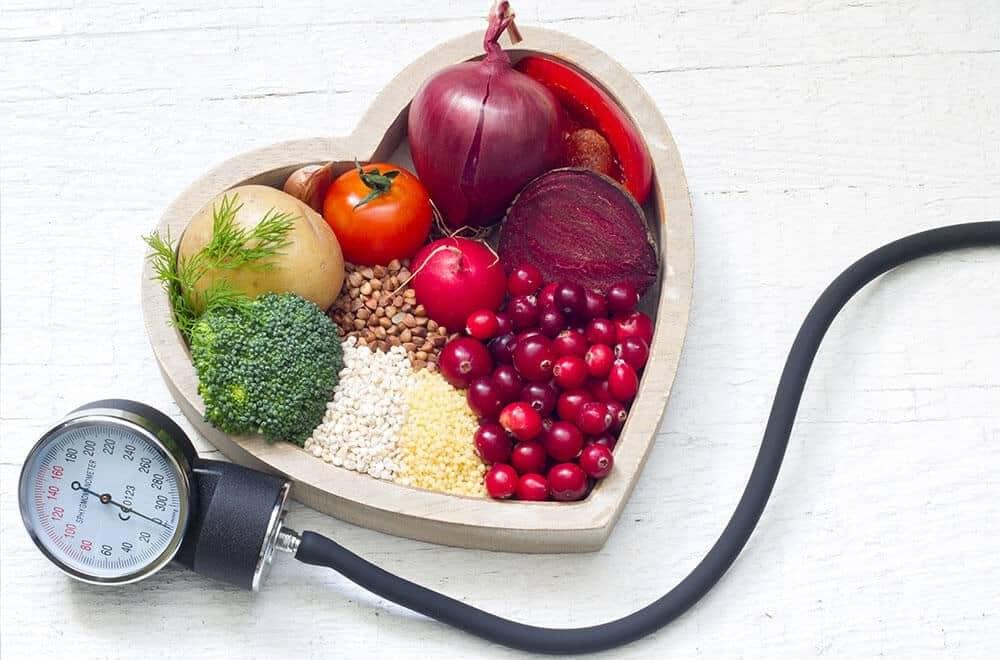How to Lower Cholesterol: A Comprehensive Guide

Cholesterol is a waxy substance found in the blood essential for producing hormones, vitamin D, and digestive fluids. However, having high levels of cholesterol can lead to serious health problems, such as heart disease and stroke.
If you are looking to lower your cholesterol, you can make several lifestyle changes that can positively impact your health.
- Increase Your Physical Activity
Exercise is one of the most effective ways to lower cholesterol levels. Moderate physical activity can help raise high-density lipoprotein (HDL) cholesterol, the “good” cholesterol, and improve overall cardiovascular health.
With your doctor’s approval, aim for at least 30 minutes of exercise five times a week or vigorous aerobic activity for 20 minutes.
- Incorporate Soy Into Your Diet
Eating soybeans and foods made from them, like tofu and soy milk, has been shown to modestly lower LDL cholesterol, the “bad” cholesterol. Consuming 25 grams of soy protein daily (10 ounces of tofu or 2 1/2 cups of soy milk) can lower LDL by 5% to 6%.
- Eat Fatty Fish and Plant-Based Foods
Fatty fish, such as salmon, tuna, trout, herring, and mackerel, are great sources of omega-3 fatty acids, which have been shown to lower triglycerides and reduce inflammation. Seeds, nuts, avocados, and soybeans are also excellent sources of healthy fats.
Additionally, fruits and vegetables are fiber-rich, cholesterol-blocking molecules called sterols, stanols, and eye-appealing pigments that help lower cholesterol.
- Reduce Saturated and Trans Fats
Saturated and trans fats are the main dietary culprits that raise LDL cholesterol. Foods high in saturated fats include fatty meats, full-fat dairy products, and fried foods.
Trans fats are found in many processed foods, such as cakes, cookies, and crackers. Avoiding or limiting these foods can help lower cholesterol levels.
- Increase Your Fiber Intake
Fiber-rich foods like whole grains, fruits, and vegetables can help lower cholesterol levels. The soluble fiber has been shown to have a cholesterol-lowering effect. Aim for at least 25-30 grams of fiber per day.
- Quit Smoking
Smoking damages blood vessels and contributes to the buildup of fatty deposits in the arteries, which can lead to heart disease and stroke. Quitting smoking can help improve overall cardiovascular health and lower cholesterol levels.
- Limit Alcohol Intake
Drinking alcohol in moderation can positively impact heart health, but excessive alcohol consumption can raise triglyceride levels and contribute to high cholesterol.
Men should limit themselves to two drinks per day, while women should limit themselves to no more than one drink per day.
In conclusion
You can make several lifestyle changes to lower cholesterol levels and improve overall cardiovascular health. By incorporating physical activity, healthy fats, and fiber, and limiting saturated and trans fats, you can lower your cholesterol and reduce your risk of heart disease and stroke.
Quitting smoking and limiting alcohol intake can also positively impact cholesterol levels. Talk to your doctor about the best approach for you.